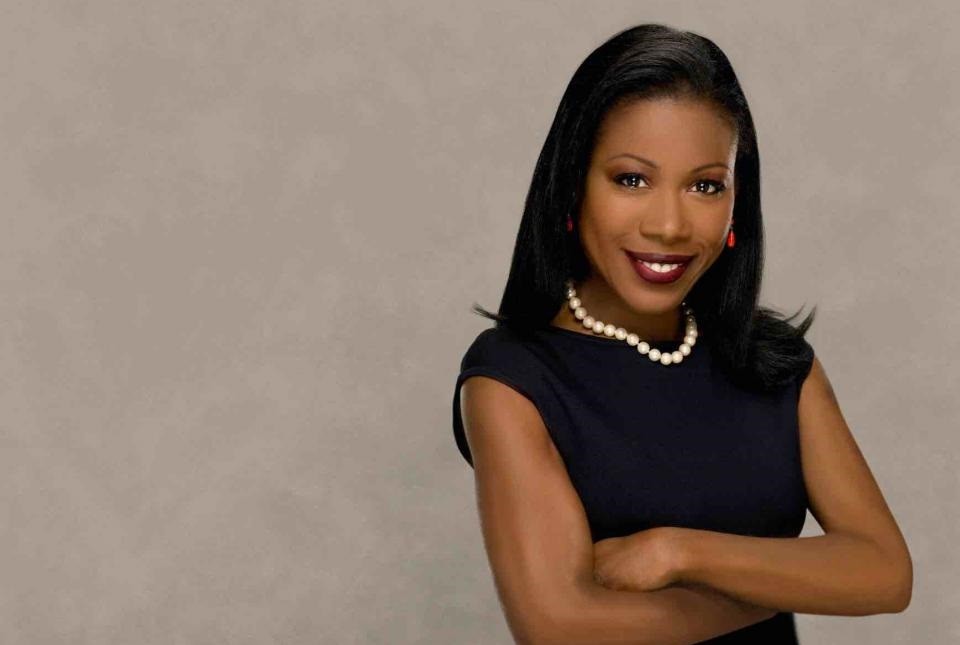Reflecting on Caste
In her new book Caste, the Origins of Our Discontents, Isabel Wilkerson has a unique writing style, where she periodically places true events in an italicized format. One of her anecdotes stood out to me the most. In the event, two friends, a white woman and a Black woman, go out to dinner together. The server attends to all the other tables surrounding them, which were populated with white customers, and provided them with food, starters, and excellent service. But the server gives the mixed pair exceptionally poor service, making them wait an extensive amount of time for their food, which was of lesser quality. Upon this treatment, the white woman spoke out in the restaurant and publicly called out this behavior. Her friend, meanwhile, was thinking that she was only able to do so because she has the privilege of belonging to the upper “caste.” Black individuals in the United States face this treatment very often, unfortunately. This story was as disturbing to me as it was eye-opening.
During Wilkerson’s pre-event small-group discussion with students, as a writer myself, I was as inquisitive about her writing process as I was with the content of the book. She shared how it was really hard to detach herself from the subjects she was studying or writing about, as she went to their birthdays and funerals. Growing up in Pakistan, I had awareness about casteism, but not racism. I had read scholarly material on what casteism is, how it is manifested in a society, and what kind of downfalls it brings with it. After I moved to America, I had extensive time to study and understand the deeply troubling history of racism in the U.S. and the impacts it still has on our society, but I never connected the two until I read this book. Wilkerson was cleverly able to connect casteism in India with racism in the United States and with xenophobia against the Jews in Germany, and investigates the commonalities between them. Her lecture enabled me to look at the inequalities in the world more fully, no longer separating their horrid impacts based on geographical or political borders but understanding the entire cycle of discrimination with a global lens.
Urwa Hameed ’21, Winston Ambassador
Presented with Lowell Humanities Series.
Read Carroll School News article, Does America have a “Pre-existing Condition”?




